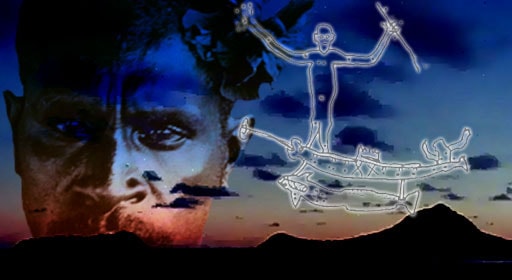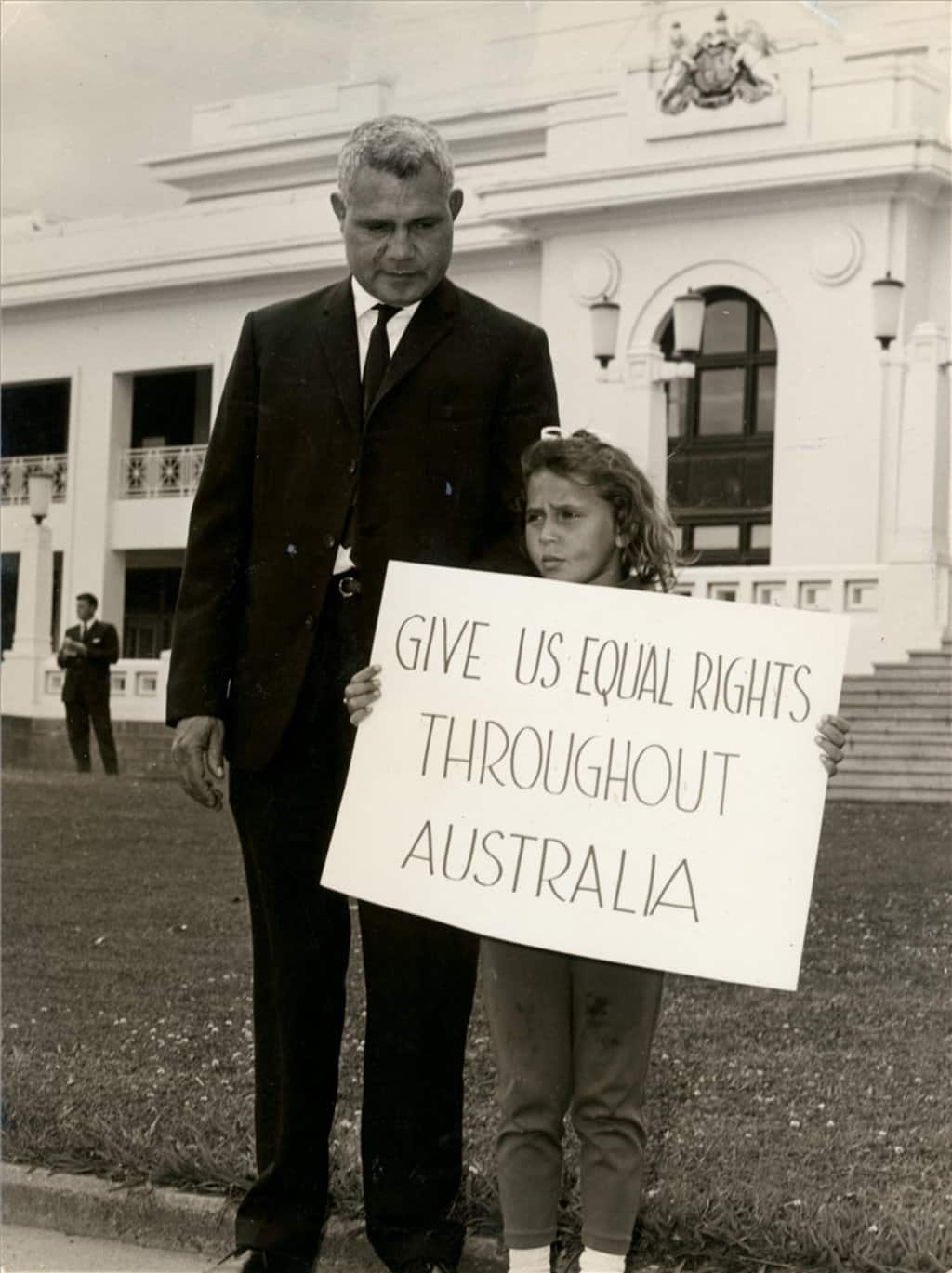About
What is National Reconciliation Week?

National Reconciliation Week (NRW) is a time for all Australians to learn about our shared histories, cultures, and achievements, and to explore how each of us can contribute to strengthening relationships between Aboriginal and Torres Strait Islander peoples and non-Indigenous peoples, for the benefit of all Australians.
The dates 27 May and 3 June commemorate two significant milestones in Australia’s reconciliation journey.
On 27 May 1967 a referendum altered the Australian Constitution with more than 90 per cent of Australian voters saying ‘Yes’ to count Aboriginal and Torres Strait Islander peoples in the census and give the Australian Government the power to make laws for Aboriginal and Torres Strait Islander peoples.
The Mabo decision made by the High Court on 3 June 1992 was a turning point for the recognition of Aboriginal and Torres Strait Islander peoples' rights, because it acknowledged their unique connection with the land. It also led to the Australian Parliament passing the Native Title Act in 1993.
Established in 2000, Reconciliation Australia is our nation’s peak body providing leadership on reconciliation.
Reconciliation Australia encourages all Australians to carry the spirit of reconciliation in their hearts, minds and actions as we move forward, creating a nation strengthened by respectful relationships between the wider Australian community and Aboriginal and Torres Strait Islander peoples, whose uninterrupted connection to this country has endured for at least 60 000 years, distinguishing them as the oldest continuous living culture on planet Earth.
Make reconciliation part of your story, and your future.
